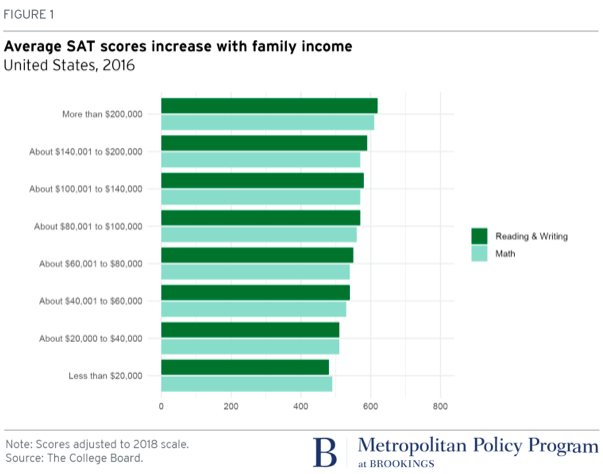ACT, Inc. announced Oct. 8 that beginning next fall, students will be able to retake individual sections of the exam. I was furious. The fact that my brother, a junior in high school, wouldn’t need to spend three hours retaking the exam as I did seemed unfair.
Despite my frustration, I initially agreed it was a valid change to improve the testing process for students. I remember how drained I felt after each section of the exam and how focusing on harder subjects after taking easier sections was exhausting. I feel that I would have benefited from this change in policy.
After thinking more about the change, though, I realize the ACT’s retake policy should not be changed from its current state, which requires students to take and retake the entire exam. The change compromises the accuracy in the representation of students that take the exam.
The ability to retake individual sections of the ACT allows students to relax while taking the exam and refine the preparation process. It also allows students to focus on sections they find difficult both while studying and taking the exam. The change eliminates the tediousness of taking sections that students have already mastered.
Though the change will resolve these issues, allowing students to retake the exam by individual sections only worsens the unequal nature of the exam. The ACT is currently biased toward students that are able to pay for more testing retakes, and it denies students who are financially disadvantaged the opportunity to improve their score.
Not only does the change not address the influence of economic status on how many times the test is taken, but it also poses a threat for students who cannot afford or are not supported with professional test preparation. The changes deepen the exclusion of students that are at a financial disadvantage.
While retaking the exam in an individual section will be cheaper than taking the entire test, this new notion of focusing on specific subjects of improvement could make professional tutoring a more integral step in the process. Students who meet with paid tutors will be able to focus on individual sections entirely and improve their grades drastically because of the preparatory measures they take.
Students who cannot meet with paid tutors have a disadvantage in comparison to those who can. While the ACT offers its Fee Waiver program for qualifying students, the program does not meet the learning preferences of all students. For example, the program includes online practice tests and video tutoring but no face-to-face sessions. Moreover, students who qualify for the Fee Waiver Program lack the freedom of selecting a private tutor with a successful reputation or specific approach to test-prep.
The role that one’s financial status plays in college exams is only becoming more important with the new exam policy. The change automatically gives an advantage to students with more financial privilege. If anything, the change prioritizes the financially privileged students and creates a more stressful situation for those who are unable to retake the test.
I am not only concerned about the ACT favoring advantaged students, but I’m concerned that it will induce more stress in students. Though it seems that creating section-by-section retakes would alleviate stress, I think it will do just the opposite.
According to educational consulting firm Signet Education’s admission consultant Joshua Maduro, students who take the exam in individual sections do much better than those who take the entire exam in one sitting.
I believe that if, as Maduro suggests, the policy change improves the overall scores of students, anxieties will only increase. Colleges will expect better scores and students will expect more from themselves. Students may also feel pressure to retake each section of the exam individually to obtain higher scores.
Despite the advantages of the change — to save the student time and money — it may compromise the integrity of the ACT exam, something that already needs improving. If this is not challenged, the rising scores will create higher expectations and only increase test preparation for students who are financially able to commit to excessive, professional preparation.





